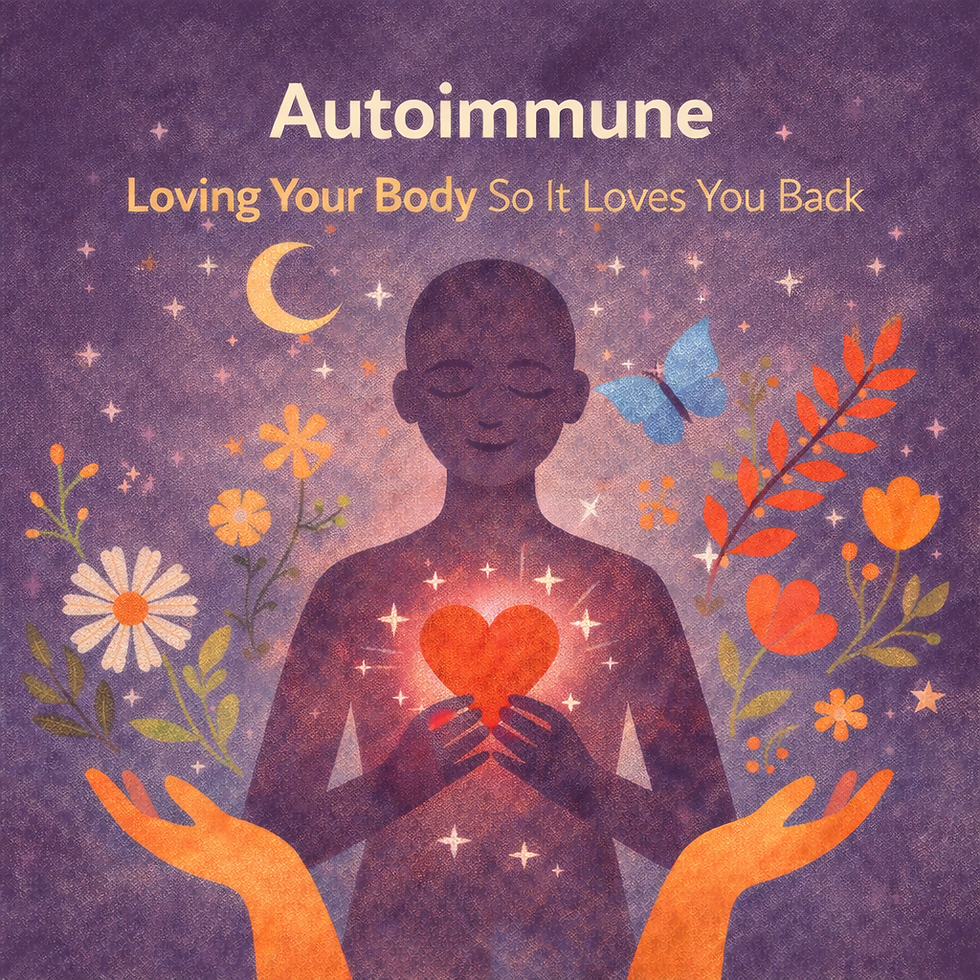Hormone Imbalance, Burnout & the Brain: Why You Don’t Feel Like Yourself
- Dr. Joshua Beaudry
- Jul 28, 2025
- 3 min read
Feeling burned out, disconnected, or like your emotions are out of your control?
You're not alone—and more importantly, it’s not all in your head. At Life Springs Family Chiropractic, we know that chronic stress, hormone imbalance, and neurotransmitter dysfunction all play into how your brain and body feel. This week’s workshop unpacked how they’re all connected—and what to do about it.

Neurotransmitters: Your Brain’s Chemical Messengers
Let’s start with the basics: neurotransmitters are brain chemicals that regulate everything from focus and memory to happiness and motivation.
When your brain is healthy, neurotransmitters help you:
Feel calm and emotionally resilient (thanks, GABA and serotonin)
Feel motivated and productive (dopamine)
Sleep deeply and recover (serotonin, GABA)
Be creative, organized, and mentally sharp (acetylcholine)
When they’re low or not binding correctly, you might feel:
Foggy
Unmotivated
Stressed for no reason
Emotionally flat or fragile
Physically burned out
Neurotransmitters and Their Signs
Here's what each neurotransmitter should do—and what happens when it's off:
Serotonin
Inner calm, joy in hobbies, restful sleep, emotional stability
Low serotonin → sadness, low pain threshold, sleep issues, irritability, social disconnection
Dopamine
Motivation, energy, follow-through, connection with others
Low dopamine → fatigue, apathy, poor focus, lack of joy or purpose
GABA
Inner peace, lack of panic, organized thoughts, calm stomach
Low GABA → unexplained anxiety, overwhelm, racing thoughts
Acetylcholine
Memory, comprehension, creativity, facial recognition
Low acetylcholine → brain fog, poor memory recall, slow processing, lack of creativity
The Hidden Culprit: Hormone-Driven Burnout
So what throws these brain chemicals off? Hormones.
The master hormone, pregnenolone, can become hijacked by stress. Instead of converting into sex hormones, it’s redirected into cortisol, the body’s main stress hormone. This is called pregnenolone steal—and it’s a major cause of hormone-related burnout.
When this happens, your body may not produce enough:
DHEA (critical for dopamine + acetylcholine binding)
Estrogen (supports serotonin function)
Progesterone (helps GABA + serotonin bind)
Testosterone (boosts dopamine + serotonin efficiency)
The result? You can’t make—or bind—your neurotransmitters correctly, and your brain stops working the way it should.
The 5 Major Drivers of Hormone + Brain Dysfunction
If you’re feeling off and no one has given you answers, here’s what we test for:
Oxygen saturation < 97%
Blood sugar imbalance – chronically <85 or >100 mg/dL
HPA axis dysregulation – from long-term stress
Leaky gut – leading to inflammation and poor nutrient absorption
Vagal nerve dysfunction – check your gag reflex or digestive function
When these systems are dysregulated, your brain can’t process or bind hormones and neurotransmitters properly. The result? Burnout, brain fog, mood swings, anxiety, sleep issues, and more.
What Can Be Done?
At Life Springs Family Chiropractic, we don’t treat symptoms—we track the root cause.
Our approach includes:
Functional neurology testing and brain mapping
Oxygen and glucose monitoring
Vagal nerve stimulation and cranial nerve assessment
Nutraceutical support to rebalance hormones and neurotransmitters
Laser therapy to reduce inflammation and support brain healing
You’re Not Broken. You’re Burned Out.
If you’ve been told everything is “normal” but you still feel off—you’re not crazy. You’re likely in a state of neurological burnout and hormone miscommunication.
The good news? We know how to help.
Life Springs Family Chiropractic – Denver, CO
Call or Text: (303) 770-0605
Missed the workshop replay? Watch the full session here:



